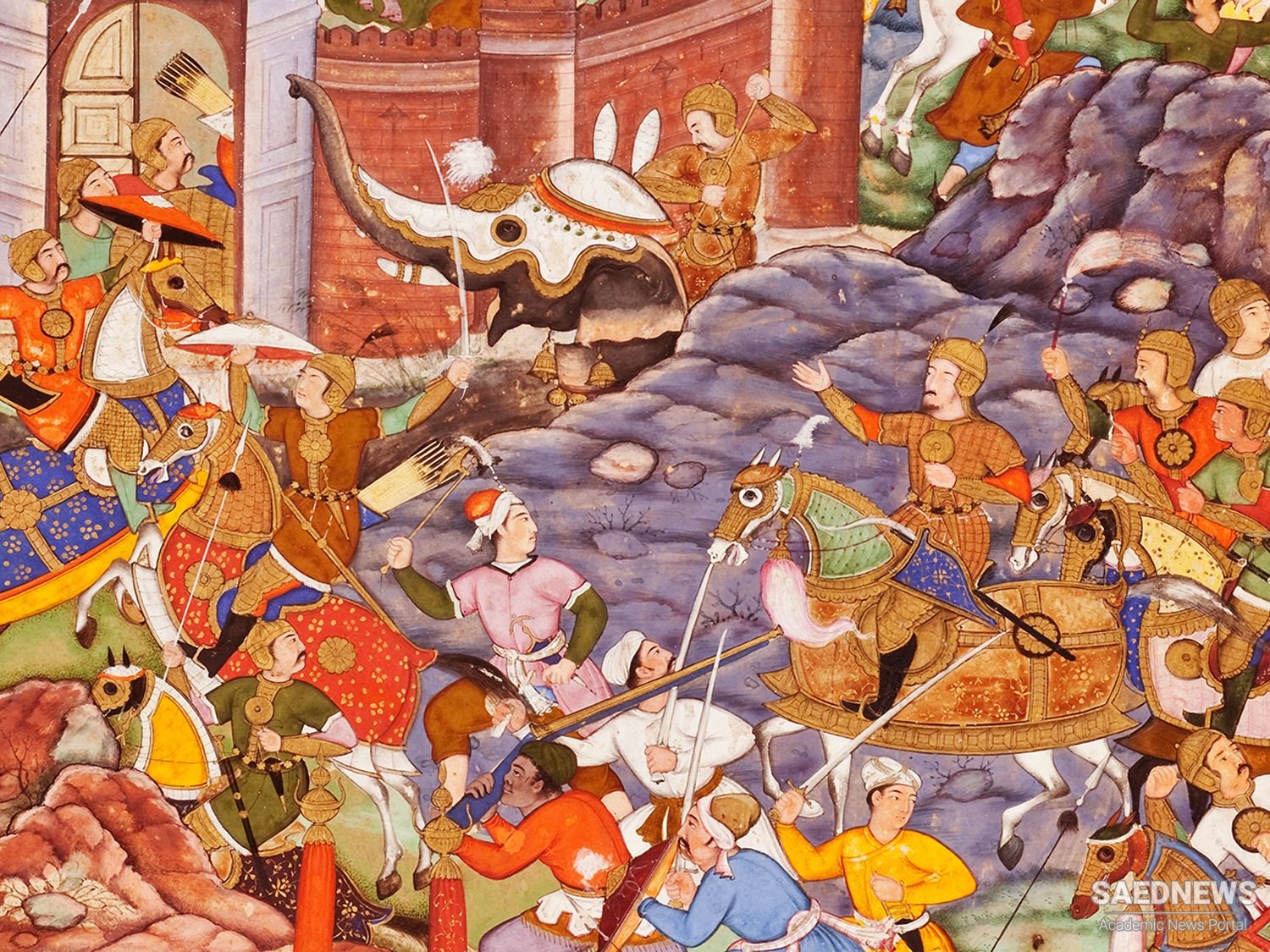Nadir’s policy toward Russia was executed with relative ease. This was to a significant degree because of the ever-present Turko-Russian tension, which he exploited skillfully. The tense relations between Turkey and Russia were in part due to the Iranian problem. All during the Irano-Turkish wars the Porte suspected Russia of secretly providing Nadir with assistance. As a matter of fact there were definite grounds for suspicion. Russia on at least one occasion, assisted Nadir in strengthening his military forces. General Levashev, on the authorization of St. Petersburg, sent several Russian artillery and engineer officers disguised as Iranians to help Nadir. Russia watched the Irano-Turkish wars with some anxiety. The more its relations with Turkey deteriorated, the more it favored Iran. Russia relished Nadir’s victorious campaigns against the Turks, and when the latter dealt the Iranian forces under Tahmasb Shah a humiliating defeat Russia came to the assistance of Iran. Russia hurriedly concluded a most favorable treaty with the Shah in 1732, promising withdrawal of its own forces from Iranian provinces, including Gilan, and pledging “perpetual friendship.” The news of this treaty increased Turkish suspicion, while Russia tried to justify its action by claiming that it had signed the treaty because Gilan was a thorn not a profit. Russia’s interest in keeping Nadir at war with Turkey was augmented by the outbreak of the so-called W ar of the Polish Succession in 1733. Involvement in this war made it mandatory for Russia to induce Nadir to end a truce with Turkey so that the Porte would be compelled to keep the peace with Russia. But Nadir was not too happy with Russia because it was still holding Derbend and Baku. Although Russia was entitled to control them under the Treaty of Rasht (1732) so long as the Turks remained in possession of Azerbaijan, Armenia, and Georgia, Nadir insisted on their evacuation. This was finally forced on Russia when Nadir attacked Shiravan in 1734. The relinquishment of those towns by Russia was provided for in the Treaty of Ganja, signed in 1735.’T This marked the end' of Nadir’s successes vis-à-vis Russia.


 Nadir Shah's Foreign Policy towards the Ottoman Intruders
Nadir Shah's Foreign Policy towards the Ottoman Intruders














































